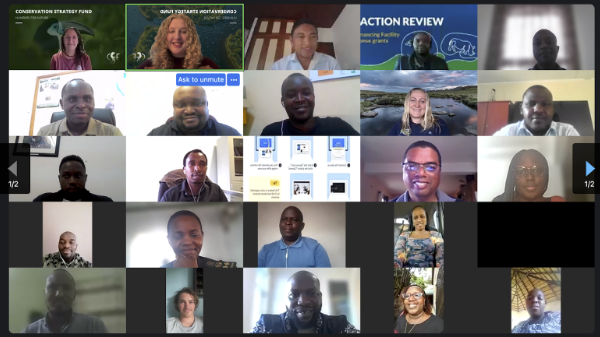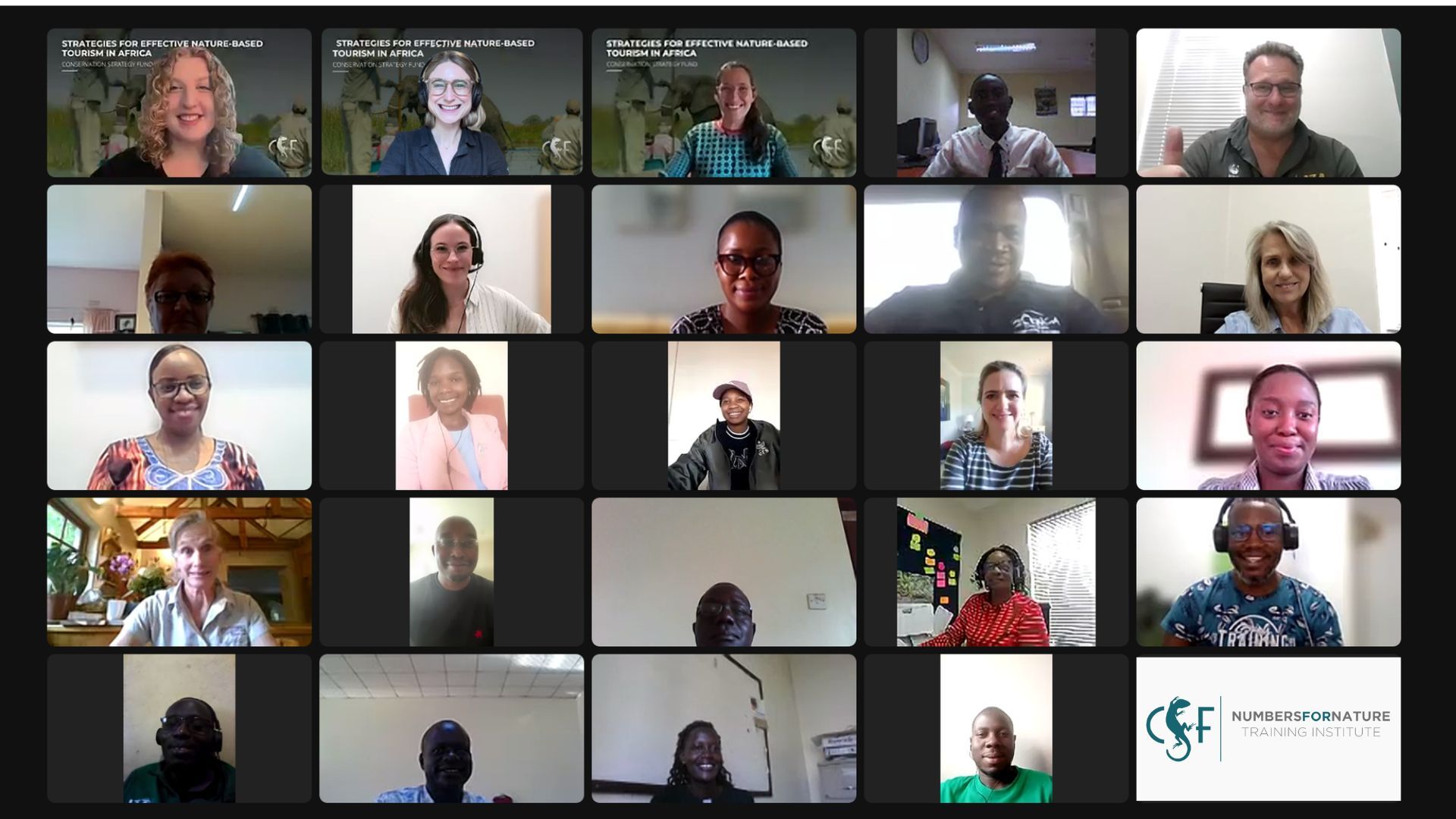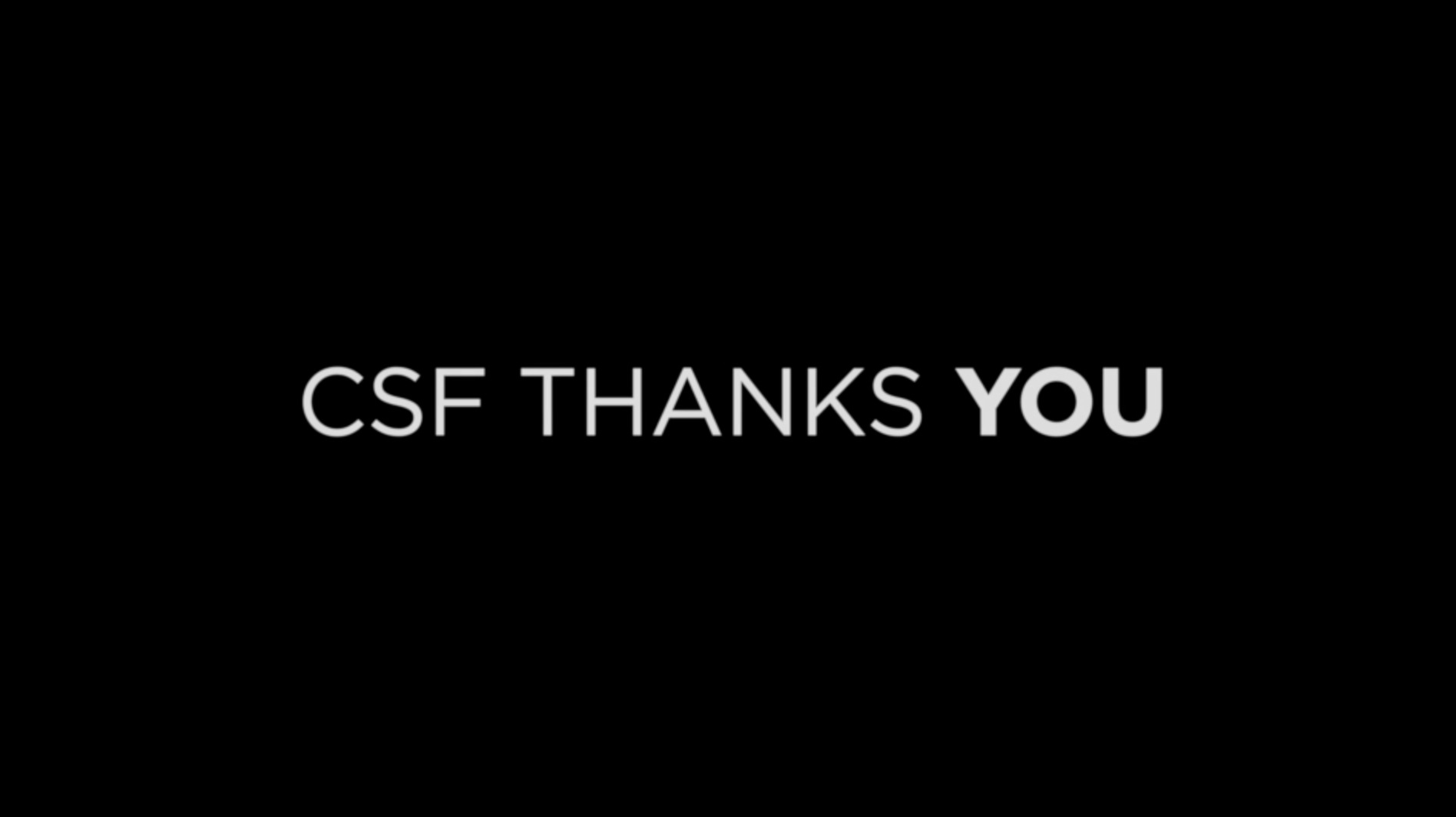News
Earlier this month, we were grateful to be working with several partners in the Amboseli Landscape of the Kajiado County in Kenya. This landscape is composed of the highest mountain in Africa as a backdrop, the incredible Amboseli National Park and surrounding ecosystems as the canvas, and the Maasai people, their livestock and the wildlife as the artists who have influenced this land over centuries.
But this picture is now fracturing.
“We need more of such courses to open our eyes on conservation matters.”
Elizabeth Atieno, Tsavo Trust, Kenya
Course participants from CSF's "Strategies for Effective Nature-Based Tourism" represented 21 organizations from 9 African countries.
CSF completed a training to increase capacity for natural capital approaches in Africa at the end of 2022, providing tools and knowledge for development planning professionals to integrate natural capital finance into their work.
Background
Conservation Strategy Fund has just released a milestone study of the costs and benefits of the Illegal Wildlife Trade (IWT) in Southern Africa, in a project financed by USAID. Our findings call for more widespread use of economics to make smarter and more effective investments in curbing IWT.
Scott Edwards and Jon Mellberg in Akagera National Park. Photo credit: Anonymous.
Every day, support from donors like you makes our work possible. Are you willing to make a special year-end donation to help us protect ecosystems around the world?Please, click here to make your donation now.
Last year, CSF collaborated with Tanzania National Parks(TANAPA) on an analysis to help the country set its park entrance fees. The study looked at the relationship between expected visitation and entrance fee levels, and found that price sensitivity varies widely by park. The study’s recommendations considered these differences, as well as visitors’ perceptions about a range of issues related to fees, management decisions, and park conditions. Implementation of the study’s recommendations would generate a predicted 25% increase in revenues – providing much needed funds for park management – without negatively effecting visitation.
Photo credit: Rhona Barr
CSF and Cheetah Conservation Botswana (CCB) developed a cost-benefit model for ‘cheetah-friendly’ predator control methods. This project was made possible by funding from the Handsel Foundation.
Native Kudu.
In September, CSF led several modules in a four-day workshop in Okahandja, Namibia sponsored by the GIZ ValuES program. ValuES is a global project that helps decision-makers integrate ecosystem services into policy making, planning and implementation of specific projects. A key element of the program is training on the selection and application of methods and tools for the assessment and valuation of ecosystem services. The Namibia course is one of several regional training courses taking place around the world in 2015 and 2016.









